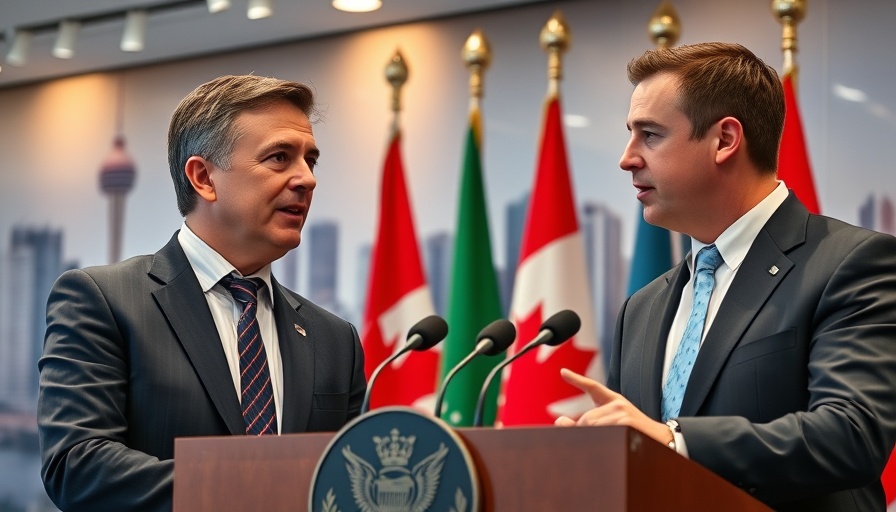
Vancouver's Lapu Lapu Festival Tragedy: A Deep Dive into Mental Health System Failures
The recent incident at the Lapu Lapu Festival in Vancouver has not only left the community reeling from the loss of 11 lives but has also ignited a crucial conversation about the state of mental health care in Canada. The suspect, Kai-Ji Adam Lo, 30, who allegedly drove a vehicle into the crowd, was reported to be under the care of a mental health team but had been on an 'extended leave' at the time of the tragedy. This revelation has raised serious questions about the efficacy of mental health support and the systems in place to safeguard the public.
The Role of Mental Health Care in Public Safety
Mayor Ken Sim's acknowledgment of the suspect's background sheds light on a systemic failure within the mental health services. The incident prompts a critical look at how individuals under care can slip through the cracks, prompting calls for reform. Mental health experts suggest that this scenario illustrates a gap not just in ongoing treatment, but also in follow-up and community support. As we dissect the events leading to this tragedy, it becomes clear that enhanced involuntary care measures and better monitoring may be essential to prevent future incidents.
Understanding the Context of Mental Health Care in Canada
Canada's mental health system has long faced challenges, from inadequate funding to social stigma surrounding mental illness. The tragic events at the Lapu Lapu Festival have directed a spotlight on these issues, indicating a pressing need for transformation. While the country strives towards better accessibility, many communities struggle to provide sufficient mental health resources. Subsequently, advocates argue that government intervention is urgently needed, emphasizing the importance of public investment in mental health services.
Public Reaction and Expectations
The community's response has been one of profound grief juxtaposed with a demand for accountability. Individuals directly affected by this tragedy are calling for better safeguards around mental health patients and more robust emergency response protocols. The emotional turmoil stemming from this event highlights the need for collective discussions about compassion and preventive strategies aimed at protecting both individuals struggling with mental health and the broader community they live in.
Calls for Action and Policy Recommendations
In the wake of the tragedy, Mayor Ken Sim has emphasized the necessity of expanding involuntary care options, a proposal that resonates with many who believe current measures are inadequate. By advocating for stronger legislation, mental health organizations hope to establish a healthcare framework that prioritizes safety. This includes proposals for more comprehensive assessments for individuals in care and policies that foster connectivity between mental health services and community-based solutions.
Taking a Broader Look: Mental Health, Crime, and Community
The link between mental health issues and violent incidents is a complicated one. Comprehensive research suggests that individuals suffering from mental health disorders are disproportionately more likely to be victims rather than perpetrators of violence. This misconception can lead to dangerous stereotypes and a lack of empathy towards individuals in need of help. By addressing these biases through public education campaigns, communities can shift towards a more inclusive dialogue that fosters understanding and support.
Future Insights: Mental Health Trends
As society continues to grapple with these difficult conversations, mental health care trends point towards a paradigm shift. Increased utilization of technology in mental health, such as teletherapy and outreach programs, shows promise in making care more accessible. Moreover, community engagement initiatives focusing on awareness and prevention could also play a vital role in reshaping the narrative around mental health, aiming to prevent future tragedies akin to the Lapu Lapu incident.
Conclusion: The Path Ahead
The heartbreaking loss felt in Vancouver serves as a wake-up call to not only the local community but to all Canadians. As discussions unfold, it is imperative that we collectively advocate for reforms to mental health care that not only protect the vulnerable but also foster safer environments for everyone. Ensuring robust policies and practices are in place is not just an option; it’s a necessity.
 Add Row
Add Row  Add
Add 




Write A Comment